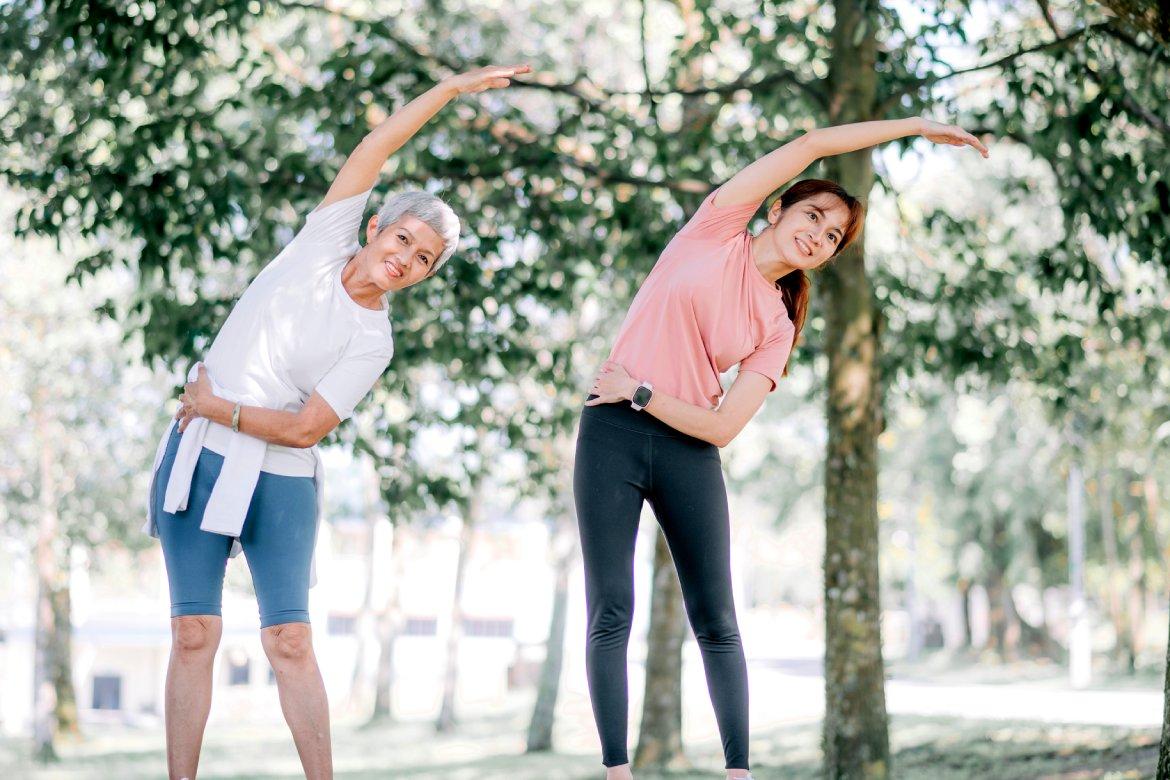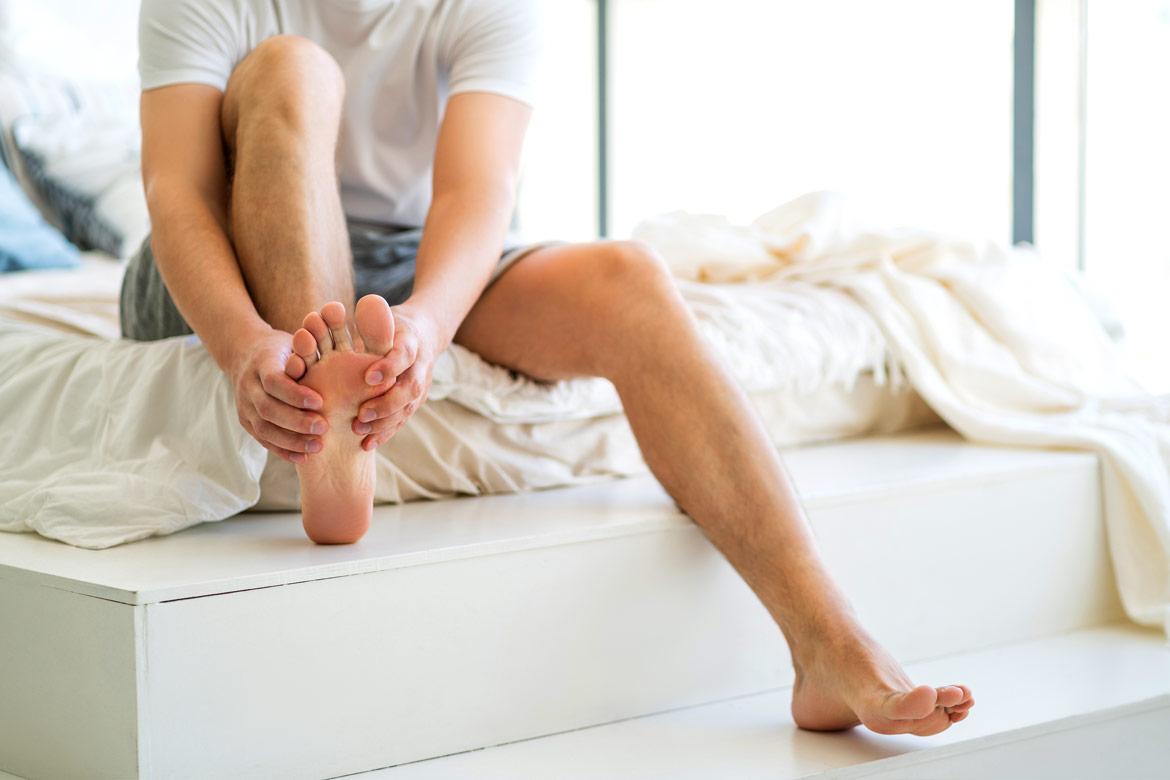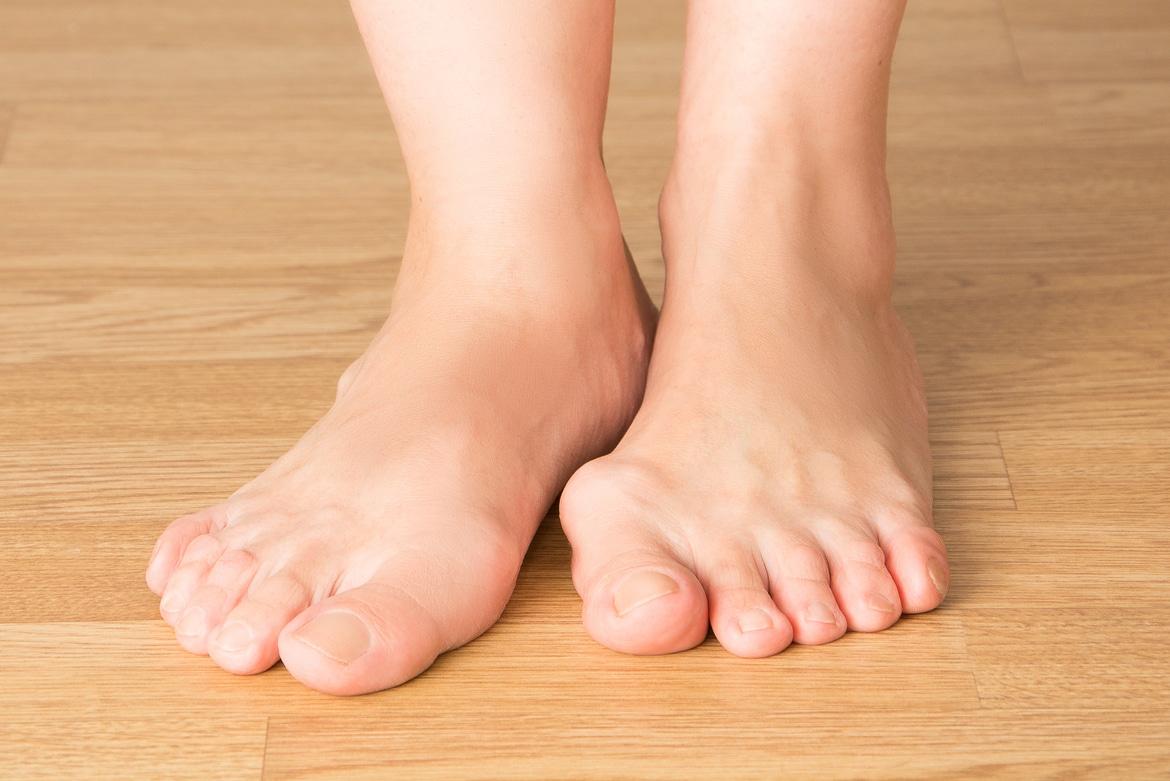-
-
Featured Care Areas

Dwarfism
What is dwarfism?
Dwarfism describes a person who is short in stature, with an adult height of 147 cm or less. Dwarfism may be due to a genetic or medical condition.
Types of dwarfism
Dwarfism may be classified as:
- Proportionate, where there is a symmetrical decrease in both the trunk and limb lengths.
- Disproportionate, where there is a difference in the decrease in the trunk and limb lengths.
What are the symptoms of dwarfism?
The signs and symptoms of dwarfism depend on the type of dwarfism:
Disproportionate dwarfism
The most common type of disproportionate short-limbed dwarfism is achondroplasia, which is associated with the following symptoms:
- Bow legs, which may develop progressively
- Large head with a prominent forehead and flat nose bridge
- Abnormal spinal anatomy and curvature leading to spinal issues
- Short fingers with wide spaces between the middle and ring fingers
- Delayed motor milestones despite normal intelligence
- Standing height below the third percentile, although sitting height may be normal
Disproportionate dwarfism caused by a rare disorder called spondyloepiphyseal dysplasia congenita (SEDC)
The symptoms of disproportionate dwarfism caused by SEDC include:
- Cleft palate
- Hip deformities
- Short trunk and neck
- Adult height ranging from 91- 122 cm
- Shortened arms and legs with average-sized hands and feet
- Back and spinal problems such as hunching or lower back swaying
- Foot deformities such as flat feet or misshapen feet
- Arthritis and other joint movement problems
- Digestive and stomach issues
- Vision and hearing issues
Proportionate dwarfism
The symptoms of proportionate dwarfism include:
- Slower growth rate than expected for age
- Poor development of one or more body systems
- Height below the third percentile on standard paediatric growth charts
- Delayed or no sexual development during the teen years
- Subnormal intelligence
What causes dwarfism?
There are many types of dwarfism. Most dwarfism-related conditions are genetic disorders, although hormonal disorders may account for some as well.
Achondroplasia
Achondroplasia is the most common form of dwarfism, accounting for about 70% of cases.
80% of achondroplasia cases are due to a mutation in the gene (FGFR3) on the father’s side. Hence, it can occur in parents who are of normal height. Advanced paternal age is a risk factor for achondroplasia.
Growth hormone deficiency
Growth hormone deficiency is an example of a hormonal condition that causes dwarfism. Generally, there is no identifiable cause for a lack of growth hormones during childhood. Although, some conditions have been known to be associated with growth hormone deficiency.
What are the complications and related diseases of dwarfism?
Complications and related diseases of dwarfism depend heavily on the type of dwarfism involved:
Disproportionate dwarfism
In the case of disproportionate dwarfism due to achondroplasia, complications and related diseases include:
- Lumbar stenosis, which is the most likely to cause disability and excessive lordosis. Nerve root or spinal cord compression may also cause neurological symptoms.
- Compression at the base of the skull (foramen magnum), which can cause breathing difficulties.
- Chronic ear infections and possible hearing loss
- Delayed motor skills development in babies, such as crawling and walking
- Subluxation of the elbow
Proportionate dwarfism
Many underlying syndromes are associated with proportionate dwarfism. The most common is Morquio syndrome, which can cause:
- Cloudy cornea.
- Waddling gait and knock-knees.
- Bony changes such as a thickening skull, wide ribs, bullet-shaped metacarpals in the hand and hip abnormalities due to unossified femoral heads.
- C1 or C2 instability in the neck, causing spinal complications of myelopathy.
This page has been reviewed by our medical content reviewers.
Need help?
For enquiries, please call
+65 6250 0000 (Orchard) or +65 6898 6898 (Novena)
For appointment bookings, please WhatsApp
+65 8111 7777 (Orchard) or +65 8111 5777 (Novena)








